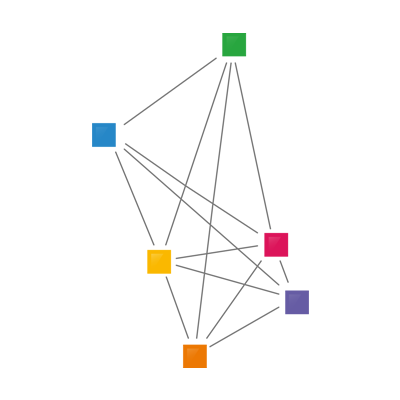Digital skills: School reforms for digital future
4 Apr 2019 14:00h - 15:00h
Event report
[Read more session reports and live updates from the 2nd Western Balkan Digital Summit]
The panel ‘Digital skills – School reforms for digital future’ was moderated by Ms Katarina Anđelković (Program Coordinator, Loop Foundation) who focused on digital skills as part of a broader educational reform aimed at a better preparedness for the digital future. Prior to introducing the panellists, Anđelković briefly addressed some of the key accomplishments of the educational reform in Serbia with regard to digital technologies, such as the introduction of Informatics as a compulsory subject in elementary schools and the establishment of 44 specialised IT classes in 2018, to name a few.
Additionally, the overall support the European Investment Bank (EIB) provided for research and development (R&D) in the region was stressed. In this regard, Ms Dubravka Negre, (Head, EIB Regional Representation for the Western Balkans) stressed the importance of R&D for regional economies and added that EIB has supported R&D in the region with over 300 million euro. However, she noticed several setbacks, such as the lack of industrial demand and, therefore, insufficient financial support to researchers and scientists, which tends to lead to brain-drain.
Along with other panellists, Negre sees the basic infrastructure, such as broadband Internet access, as the key component to the digitalisation of education.
Mr Mladen Šarčević (Minister of Education, Science and Technological Development, Republic of Serbia) sees the reforms that the Ministry of Education conducts in co-operation with other relevant ministries as a major revolution in the field of education, whose aim is a knowledge-based society and economy. One of the main challenges in this process will not be to teach children to use technologies, but to teach them to think.
Similarly, as noted by Mr Damir Šehović (Minister of Education, Montenegro), one of the major challenges to the education reform in Montenegro is changing the bias related to the societal perception of the digitalisation of education. Children must not be isolated from the digitalised world, as around 60% of primary school students will be engaged in occupations that do not exist today. He also stressed that the priorities of the Government of Montenegro’s educational policy are a modern and high-quality education system that is accessible to everyone and connected to the labour market.
Mr Miles Berry (Principal Lecturer and Subject Leader for Computing Education, University of Roehampton) shared his experience in creating the IT curriculum in Great Britain with other panellists and the audience. He noted that the introduction of computing in secondary education was particularly challenging, given that teachers were expected to have substantial knowledge of computer science and computational thinking. Berry also restated the importance of teaching digital literacy and having an understanding of how technology impacts our lives, in addition to having knowledge of computer science.
Lastly, Mr Rok Kvaternik (CEO, Klett Eastern Europe and the Baltics) reiterated the significance of equipping educators with the knowledge necessary for providing adequate use of digital content and to convey the related knowledge to their students.
By Katarina Andjelkovic
Related topics
Related event

